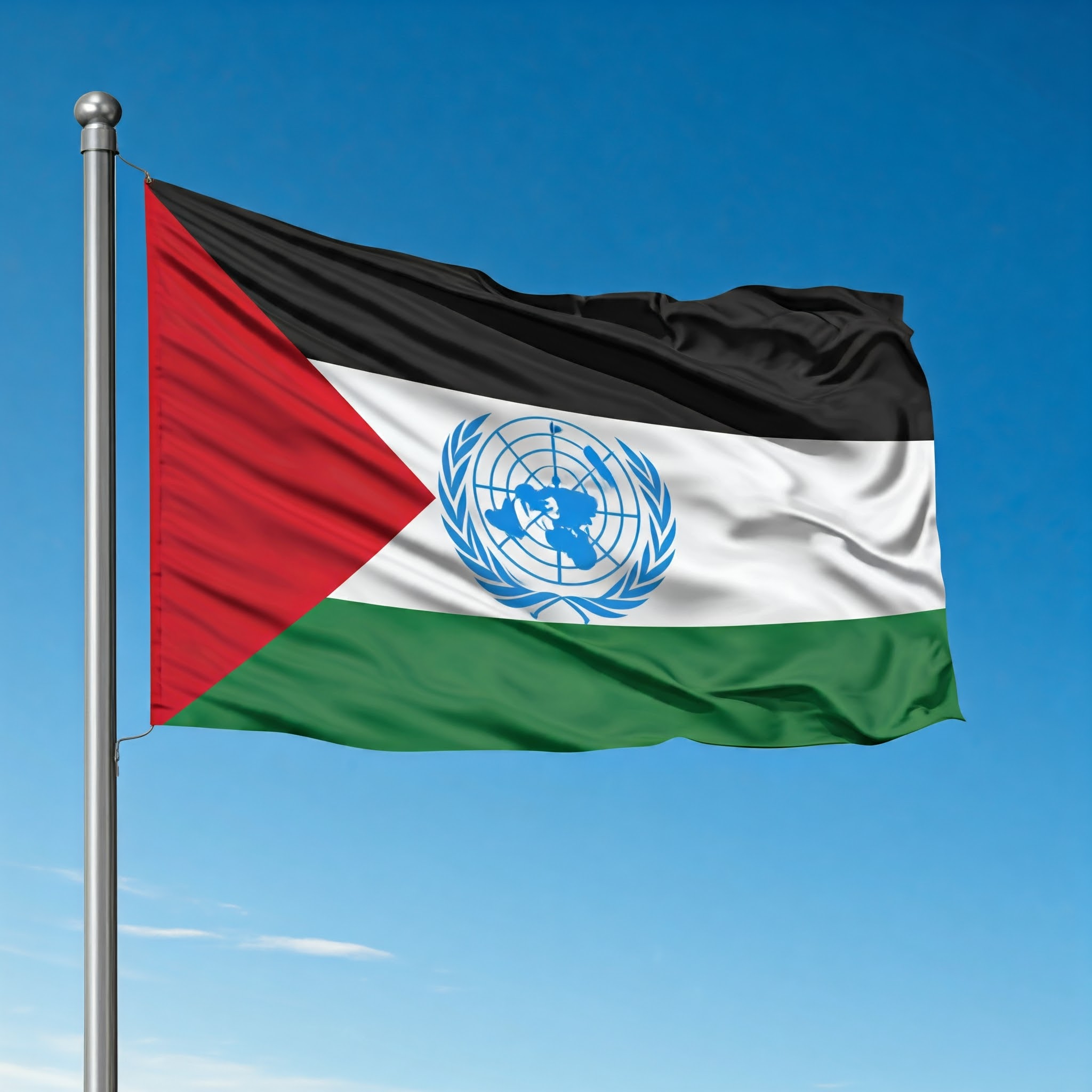Menu
Here is a snapshot from our U.N. Vote on Palestine Narrative Intelligence brief.

This U.N. Vote on Palestine narrative is driven by 91 sources in the Foreign Malign Influencers module, amplifying 210 narrative items.
Today, our Narrative AI highlights 91 sources in Foreign Malign Influencers amplifying 210 narrative items relating to the narrative that Western media is complicit in perpetuating the Gaza genocide through disinformation. This narrative connects themes of international law, accountability, and geopolitical tensions, highlighting the UN's efforts to pressure Israel while revealing divisions among nations regarding the occupation of Palestinian territories.
The ongoing Israeli-Palestinian conflict is deeply rooted in historical, demographic, and geopolitical complexities. The population of Israel is approximately 9 million, with a significant Jewish majority and a substantial Arab minority, including Palestinians. The Palestinian territories, comprising the West Bank and Gaza Strip, have a combined population of around 5 million, predominantly Palestinian Arabs. The demographic dynamics are critical, as they influence national identity, political aspirations, and social cohesion.
Economically, both regions face significant challenges. The Palestinian territories experience high unemployment rates and limited economic development, exacerbated by Israeli restrictions and the ongoing conflict. Conversely, Israel has a robust economy, characterized by technological innovation and a high standard of living, but it faces international criticism for its policies in the occupied territories.
Politically, the situation is fraught with tension. The Palestinian Authority seeks recognition and statehood, while Israel prioritizes its security and territorial integrity. The international community remains divided, with countries like the US supporting Israel's stance, while others advocate for Palestinian rights and self-determination.
Geographically, the territories are strategically located, bordering several countries and key waterways. This positioning complicates security considerations, as Israel perceives threats from militant groups in Gaza and the West Bank.
National security remains a paramount concern for Israel, which cites the need to protect its citizens from attacks. The military presence in the occupied territories is justified by Israel as a means of ensuring security, while Palestinians view it as an occupation that undermines their rights and aspirations for statehood.
The recent UN resolutions reflect a growing international consensus on the need for a peaceful resolution, yet the path to achieving a two-state solution remains fraught with challenges, including mutual distrust and differing narratives.
Our Kudzu Narrative Intelligence brief auto-updates every few hours with fresh analysis:
Note: Kudzu Narrative Intelligence briefs update every few hours. Very likely, the Narrative Analysis above will have changed as well.
Image Credit for Article Header: Gemini AI